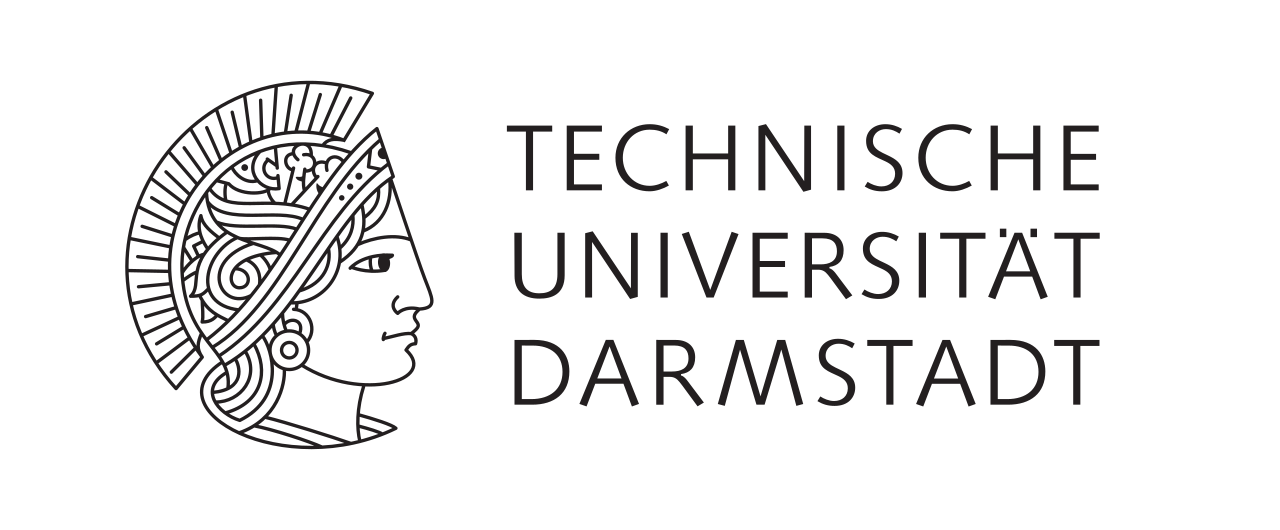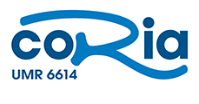REDAFLOW
Nom complet : Reconstruction-based Data-assisted frameworks for turbulent reacting Flows
Référence Projet : H2020 – MSCA (Bourse Marie Curie)
Période : du 01/09/2021 au 30/08/2024
Financeurs : Commission européenne à travers le programme de financement H2020
Porteur : INSA ROUEN NORMANDIE
Responsable scientifique pour le CORIA : Zacharias NIKOLAOU
Budget CORIA / Budget Total : 271 661, 76 €
Partenaires :
- Air Liquide
- TU Darmstadt









